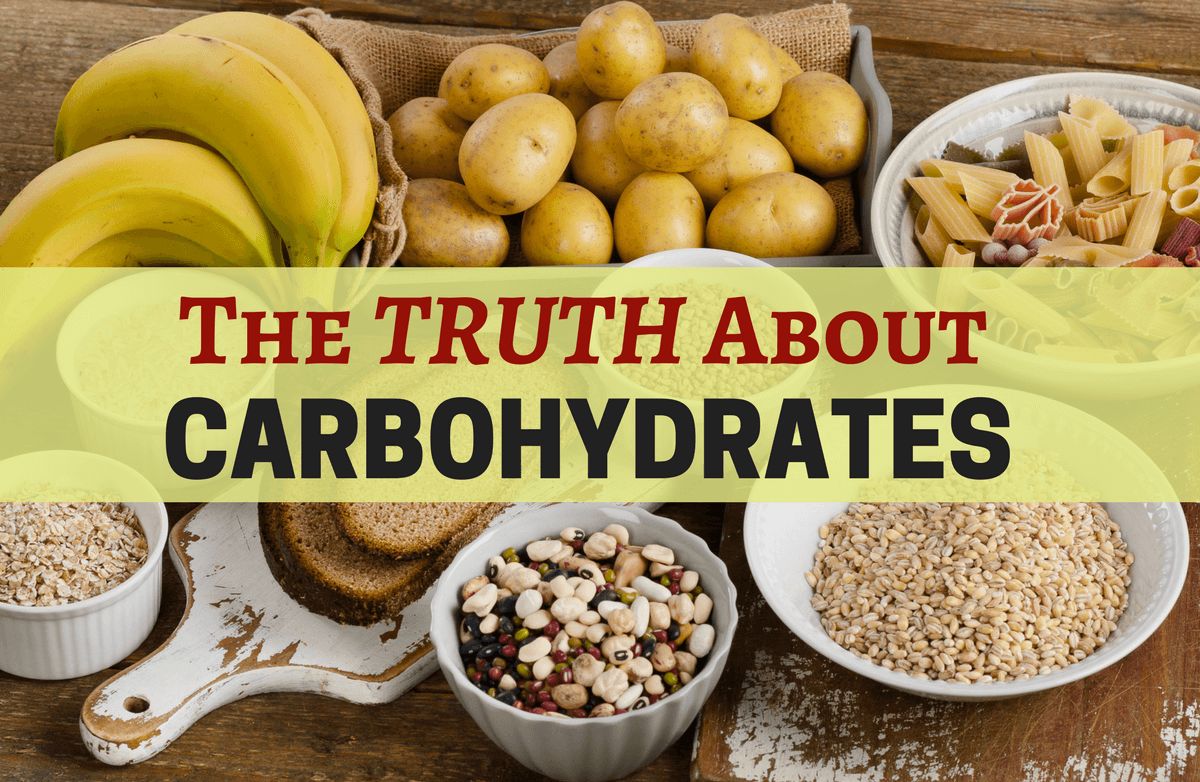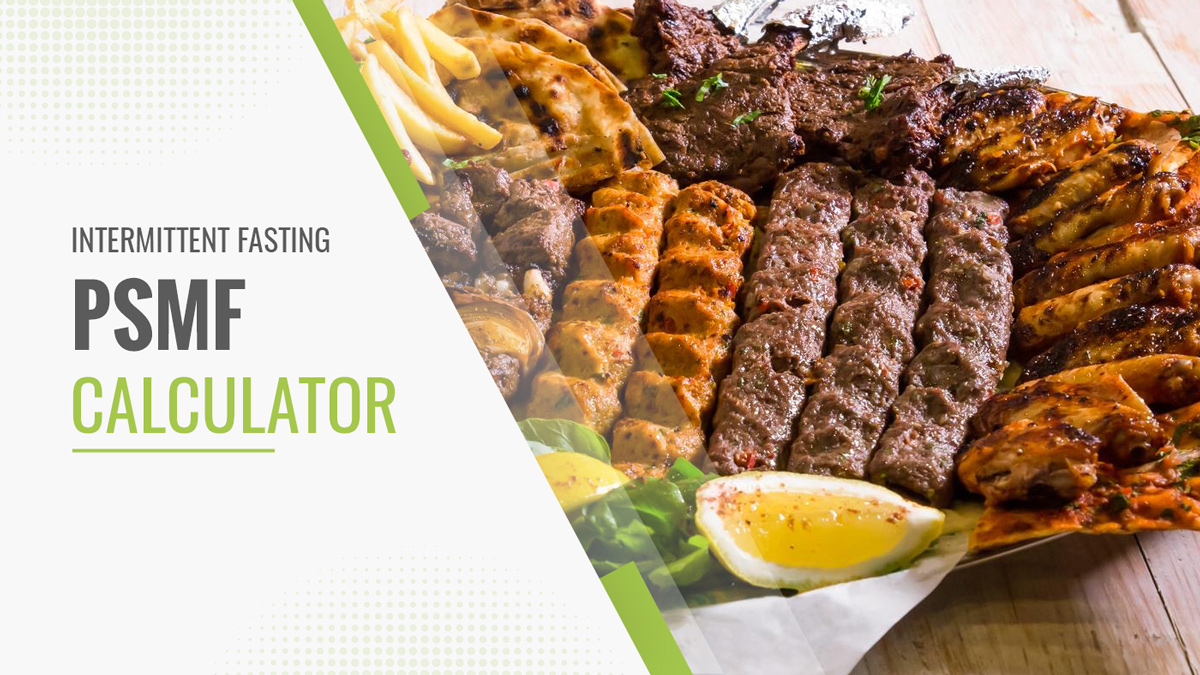In order to lose weight you need to put yourself in a caloric deficit. I’m sure I’m not telling you anything you didn’t already know, but what about macronutrient ratios? How much does it matter how many carbs, protein and fat you are eating when you do drop your calories? One of the most common methods people use to accomplish fat loss is to drop their carbohydrate percentage and raise protein and/or fat. The question that needs to be asked is whether this is the optimal way to go about fat loss and muscle retention for long-term success.
Do you care about maintaining strength? Do you only care about what you look like and could care less how much you lift? After all bodybuilders aren’t interested in lifting a lot of weight, they are interested in having as much muscle as possible while being as lean as possible. It would seems like goals should play a large role here, but I’m here to tell you they don’t. I’m going to answer the question based on what I can only assume most of the readers of this site are interested in, and that’s to continually build muscle for years to come. You may be in a fat loss stage, but you’re going to start building again at some point right?
Before I dig in I’d like to remind you that in the past I showed you some good starting macronutrient ratios to build muscle and explained the importance of carbs for building muscle even though they don’t directly build muscle like protein does. I’ve also previously touched on how powerlifters and bodybuilders could both learn a little something from each other and explained how the more weight you can move, the more muscle you can build. This is all relevant I promise you.
Hopefully since those articles you’ve set out and built some quality muscle but now you are in scramble mode to shed some of that extra fat you’ve put on while you were building so you look shredded at the beach this summer. How do you go about doing that in the most optimal way? Well, unfortunately, that’s not what this article is about, sorry to disappoint. I’m not here to tell you how to lose a ton of weight fast. In fact I’m here to tell you that’s exactly what you shouldn’t try to do. I’m here to tell you how to lose weight properly while not only maintaining your hard earned muscle but also maintaining your strength, which believe it or not should matter, to anyone wanting muscle. Bodybuilder or not.
The reason I believe you should look to maintain your strength while cutting is because like I said earlier, the stronger you are the more muscle you can build when you work in the more moderate or typically considered hypertrophy rep range (8-12 but if you’ve read my work for a while you know I think all rep ranges should be considered and utilized for hypertrophy.) When it comes to a cutting phase most people fail to look at setting themselves up for future success in their building stage.
“Who cares about my strength now I just want to look jacked” you might be thinking. I get that, looking shredded is certainly a great feeling. So is lifting heavy weights and building more muscle, and don’t worry you can still get jacked and keep your strength doing it the right way. Plus, if you are able to maintain as much strength as possible while cutting when you are ready to start building again you’ll be that much further ahead and more capable of building more muscle. We need to think long-term success here.
What happens when calories are restricted over time is your metabolism slows down, unfortunately, there is no way to avoid this. All we can do is try to minimize it as much as possible. One of the best ways to do this is to keep calories as well as carbohydrates as high as you can while still losing weight. This is why I don’t recommend dramatically dropping your carbohydrate intake during a cut.
Calculate Your Recommended Carbohydrate Intake
If you cut your calories and carbs too much early on in the game you will likely lose weight fast but not only is there a good chance you’ll be sacrificing muscle but you’ll also be slowing your metabolism down to a screeching halt when your body finally realizes what’s happening and thinks there is a shortage of energy. This is a big mistake people often make when they set off to lose weight, they want to “kick start” their weight loss by doing dramatic things like cutting out carbs and dropping calories really low. What they are actually doing making it more difficult to sustain weight loss, or more specifically fat loss because that’s what we are really after.
If you cut your calories and carbs significantly right away, once you hit a plateau what are you left with for options? You can only cut them out so much before you end up in dangerously low levels which if you do end up going that route you are setting yourself up for possible metabolic damage and paying a hefty price down the road when you do start eating more calories again. Think about your typical crash dieter. They dramatically cut calories, lose a ton of weight, the weight loss stops and they give up and gain all their weight back and then some. Why? Because they slowed their metabolism way down and then went back into their old eating habits with an even slower metabolism than they had before.
This is why you want to start with eating as many calories and carbs as possible while still losing weight. Slow and steady weight loss leads to the best long-term fat loss success and also helps you keep your strength and muscle. When you reach sticking points you’ll be able to make small adjustments to get the weight loss moving again and you’ll be able to continue to do this for a very long time. Something you can’t do if you drop it right away. You may get that first 10-20 pounds faster by dropping calories dramatically, but you’ll get to your end goal faster by dropping them slow and steady.
Okay okay you get it, but where should you start with calories and macros? Where’s the science? It’s all coming next week my friends.
Until then…
Tip: If you're signed in to Google, tap Follow.









